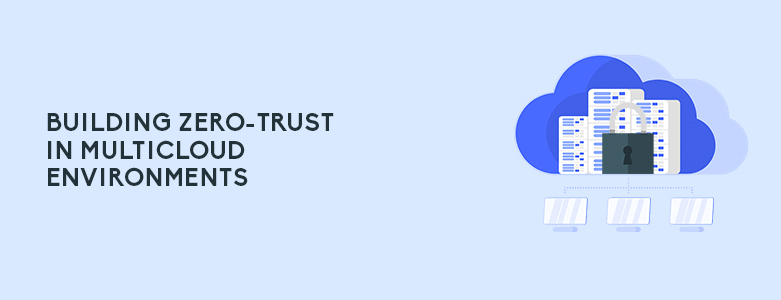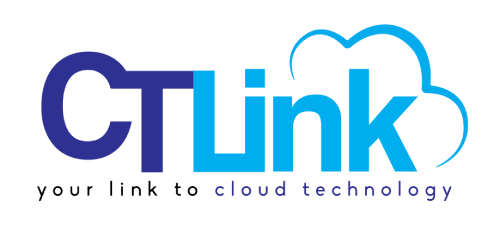Building Zero-Trust in Multicloud Environments

The ever-increasing complexity of the modern digital landscape has led to the rapid expansion of cloud computing. Multicloud environments, where organizations use multiple cloud service providers, have become the norm. However, with this increased flexibility comes added security risks. Identity governance is a crucial aspect of building a zero-trust architecture in multicloud environments. By implementing […]
